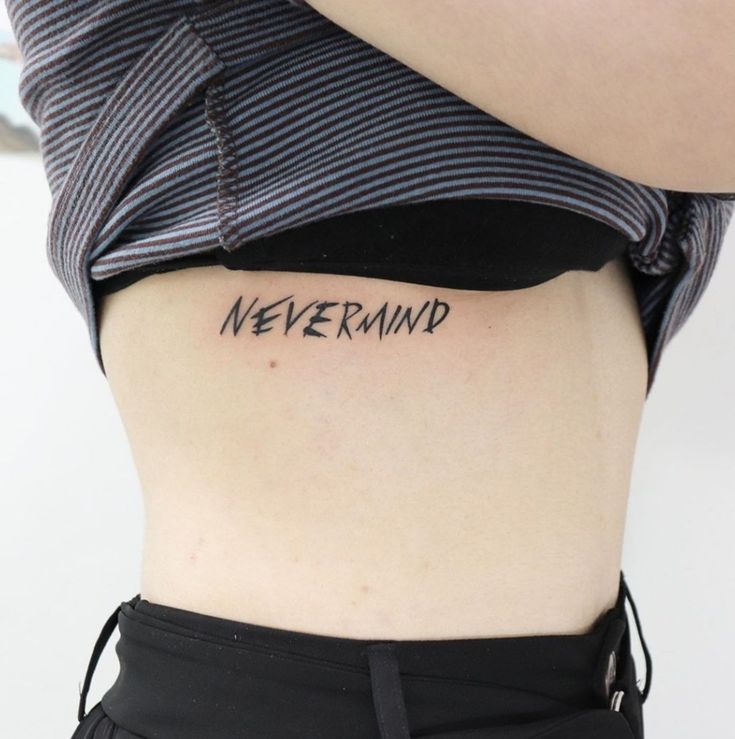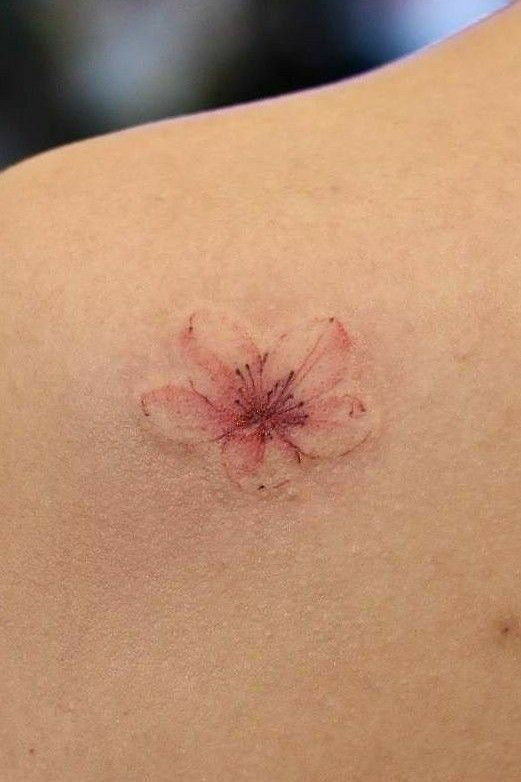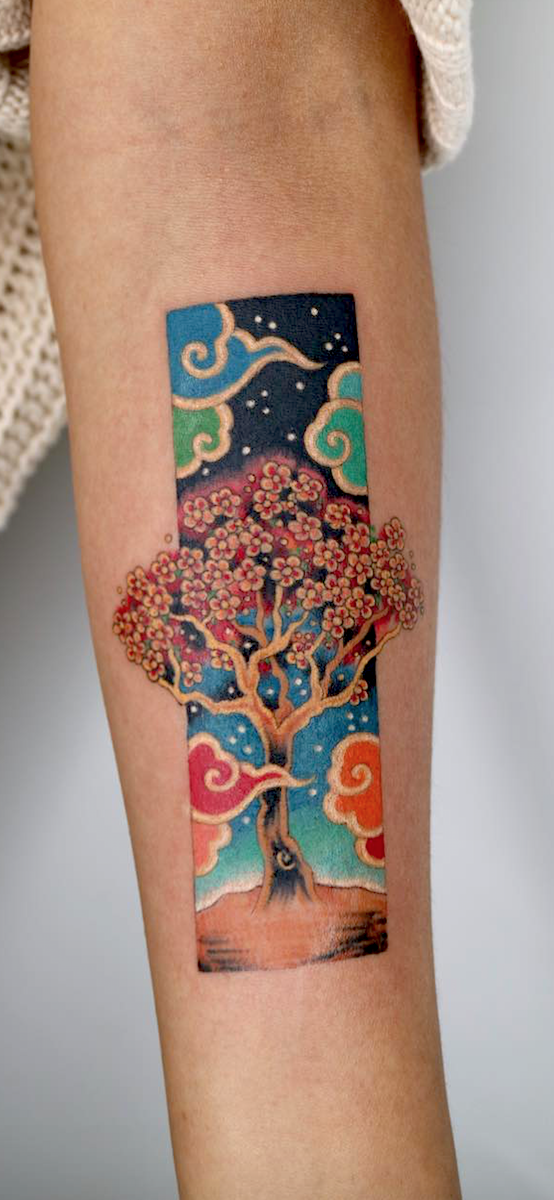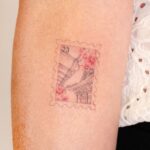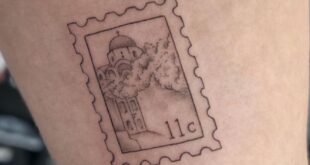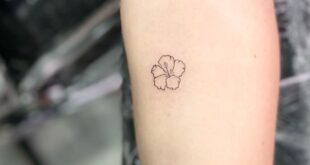Tattoos have been a part of Korean culture for centuries, with a rich history and deep cultural significance. In recent years, tattooing has become increasingly popular in South Korea, with a growing number of people choosing to adorn their bodies with intricate and meaningful designs.
In Korean culture, tattoos have traditionally been associated with criminality and gang membership, as the practice was outlawed during the Joseon dynasty. However, attitudes towards tattoos have evolved over time, and they are now seen as a form of self-expression and artistry.
One of the most popular styles of tattooing in Korea is known as “Kkiritmo,” which involves using fine lines and delicate shading to create intricate designs. This style is often inspired by traditional Korean art, such as paintings and calligraphy, and can feature images of animals, flowers, and symbols with deep cultural meanings.
In addition to traditional Korean designs, many people in Korea also choose to get tattoos with Western influences, such as portraits, quotes, and symbols from popular culture. Some opt for minimalist designs, while others prefer bold and vibrant colors.
While tattoos are becoming more accepted in Korean society, there is still a stigma attached to them in some circles. Many businesses, including public baths, gyms, and spas, still have policies prohibiting entry to people with visible tattoos. This has led to a growing trend of tattoo artists creating small, hidden designs for clients who want to keep their body art private.
Despite these challenges, the Korean tattoo scene is thriving, with talented artists pushing boundaries and creating beautiful works of art. Social media platforms like Instagram have allowed artists to showcase their work to a global audience, and international visitors are increasingly seeking out Korean tattoo artists for their unique style and skill.
Whether you’re a local or a visitor to Korea, getting a tattoo can be a meaningful and unforgettable experience. With talented artists, a rich cultural heritage, and a growing acceptance of body art, the Korean tattoo scene is definitely worth exploring.
 innstyled Tattoo Ideas
innstyled Tattoo Ideas
